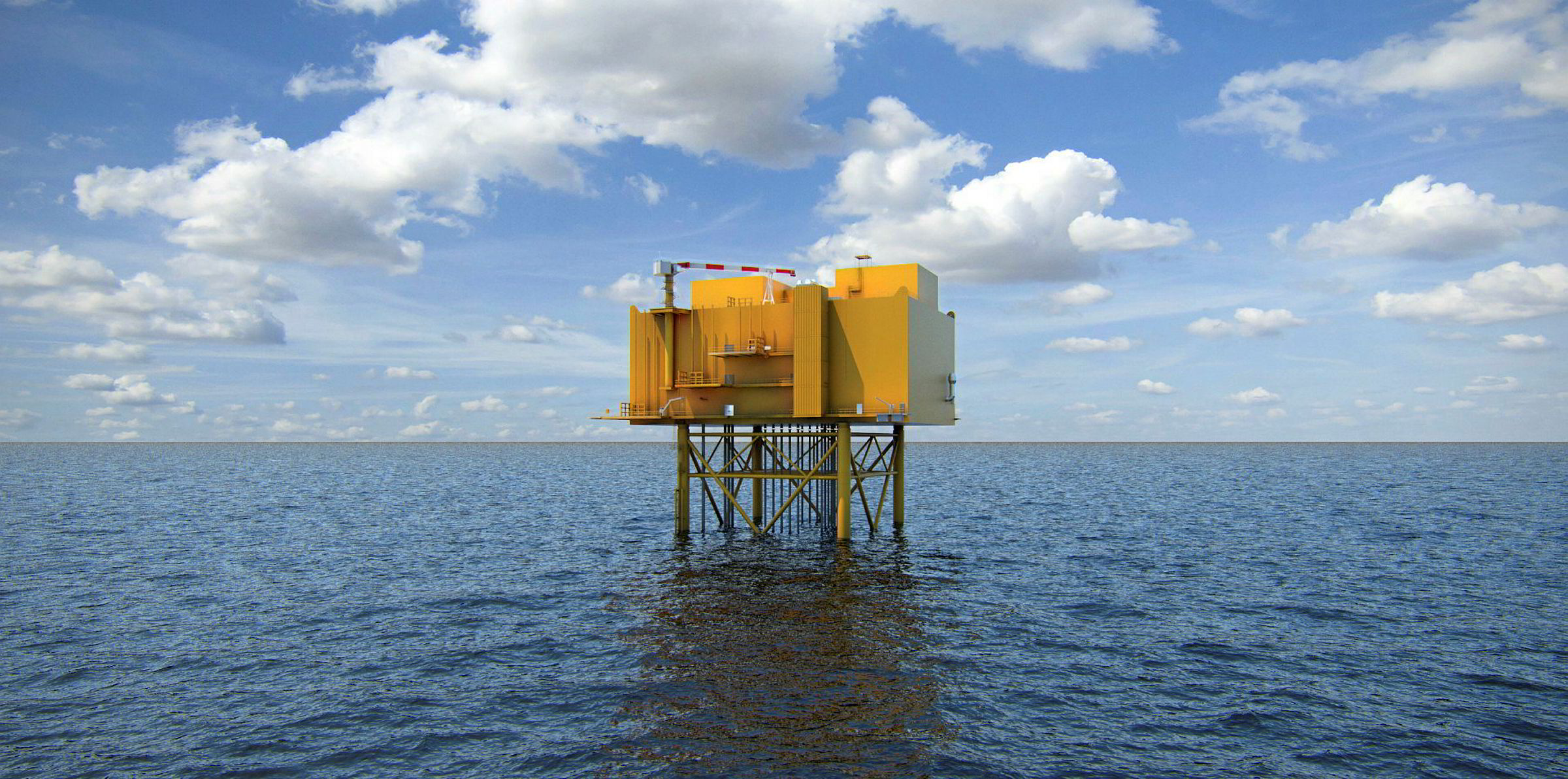
North Sea Oil Giants Set Ambitious December 2028 Deadline for Electrification Project
Posted 22/08/2023 14:12
A groundbreaking electrification endeavor is underway in the North Sea as leading oil and gas companies, Harbour Energy, TotalEnergies, Shell, and BP, collaborate on the Central North Sea Electrification (CNSe) project. The undertaking aims to power four major production hubs – BP’s ETAP, TotalEnergies’ Elgin, Harbour Energy’s Judy, and Shell’s Shearwater – using electricity instead of conventional diesel or gas generators.
The ambitious target for the project is to achieve first power by December 2028. The project details, including landfall locations and new infrastructure plans, have been outlined in a comprehensive scoping report prepared by consultancy firm Xodus. Among the planned infrastructure are a 60-meter offshore converter station and new bridge-linked platforms that may be added to existing installations.
The electrification initiative aims to significantly reduce greenhouse gas emissions at the four production hubs. It received a grid connection offer in September 2022. Onshore construction and offshore installation are slated to commence in Q1 2027, with the anticipation that the CNSe Project will be operational by December 2028.
Key components of the project involve installing a new platform between the Elgin, Judy, ETAP, and Shearwater installations, potential additions to existing assets, and laying hundreds of miles of cable. The offshore converter station, standing at 62 meters, will be supported by a piled-jacket foundation and strategically placed equidistant from the platforms.
The project will necessitate the installation of up to two bundled High Voltage Direct Current (HVDC) cables, each potentially up to 139 miles long, along with five High Voltage Alternating Current (HVAC) cables up to 115 miles long. The cables are planned to make landfall in Aberdeenshire, with three potential sites identified in Sandford Bay, Peterhead, and Longhaven. A single site will be chosen as the project progresses, following environmental impact assessments.
As the oil and gas industry strives to meet emissions reduction targets set by the government, the North Sea electrification project plays a crucial role. The initiative aligns with industry goals of a 50% emissions cut by 2030 (against a 2018 baseline). Power generation accounted for 71% of total UK upstream emissions between 2018 and 2020, reinforcing the importance of replacing fuel gas combustion with grid power from shore.
The CNSe project is eligible for UK Government subsidy through the Energy Profits Levy (EPL), offering financial incentives for decarbonization projects. This aligns with the industry's wider commitment to environmental sustainability and emissions reduction.







